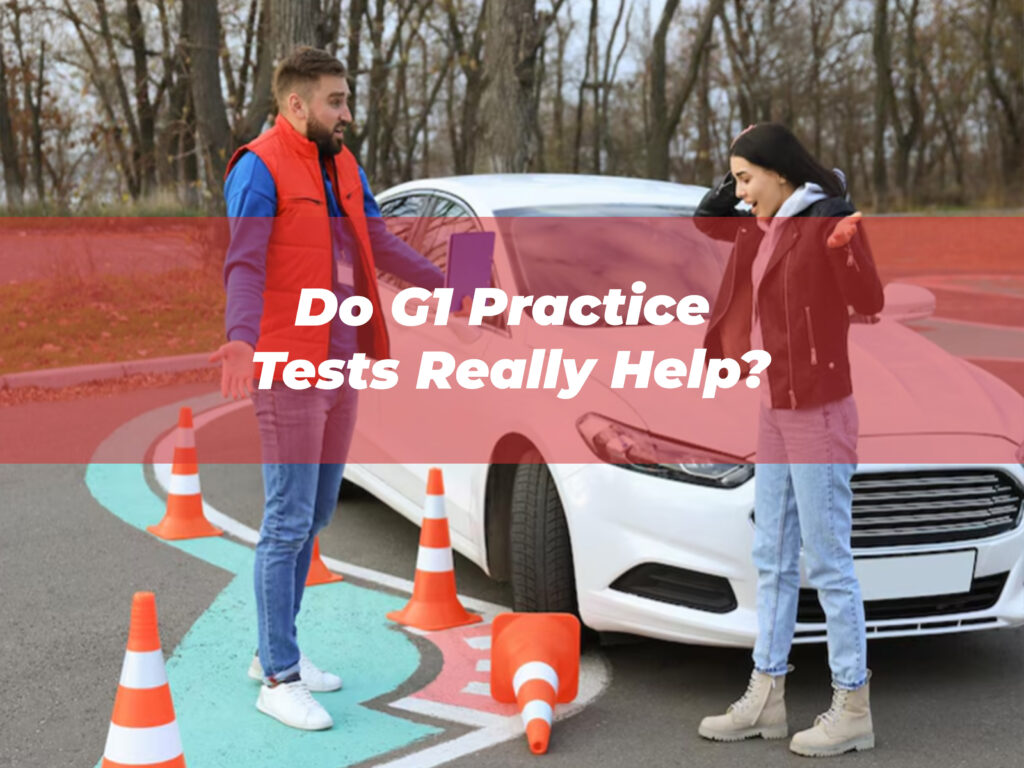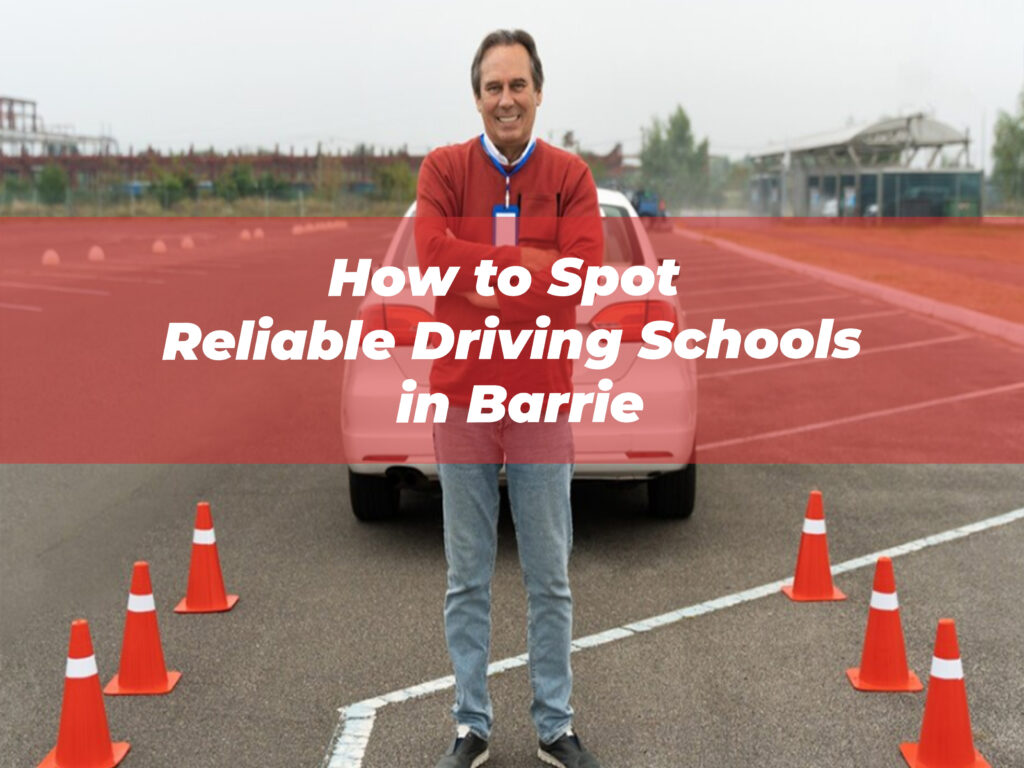Driving at night comes with an extra layer of complexity, especially in a growing town like Newmarket, Ontario. Whether you’re heading home after an evening out or making your way through rural roads, navigating the unique challenges of night driving requires extra caution, attention, and know-how.
With this in mind, we’ve created a comprehensive guide to help you understand the essential dos and don’ts of night driving in Newmarket. From safety precautions to local tips, this blog will equip you with practical advice to ensure a safe and stress-free drive after dark.
Why Night Driving is Different
Driving in Newmarket at night is fundamentally different from daytime driving due to reduced visibility, limited reaction time, and the challenges of navigating in low-light conditions. It’s estimated that while only 25% of driving happens at night, more than 50% of accidents occur during this timeframe. This statistic highlights the stark reality of how crucial it is to approach night driving with added vigilance.
Driving in Newmarket, this is especially relevant due to a mix of urban, suburban, and semi-rural areas. Dimly lit roads, wildlife crossings, and sudden changes from well-lit areas to dark streets require sharp focus and preparation.
1. The “Dos” of Night Driving in Newmarket
Here’s a roadmap of best practices to follow when driving in Driving in Newmarket after sundown.
1.1 Do Make Sure Your Vehicle is in Top Condition
Before hitting the road, ensure your vehicle is ready for nighttime travel. This includes:
- Checking your lights: Regularly test your headlights, tail lights, brake lights, and turn signals. Properly functioning lights are essential for both visibility and communication with other drivers.
- Cleaning your windows and mirrors: Dirt, smudges, or streaks can scatter light, making it harder to see the road.
- Inspecting your wipers: Clear vision during a rainy or foggy night depends on well-maintained windshield wipers.
1.2 Do Use Your Headlights Properly
When driving at night, your headlights are your best tool for improved visibility.
- Use low beams in well-lit urban areas: High beams can cause glare for other drivers. Reserve them for dark, low-traffic areas.
- Turn on your headlights early: Even at dusk, visibility can drop quickly, so switch on your headlights as soon as the sun begins to set.
1.3 Do Stick to Speed Limits
Driving at night requires a slower, more controlled pace. The posted speed limits are set for ideal conditions, so adjust your speed to match visibility and weather conditions. Driving in Newmarket has a variety of speed zones, ranging from residential areas to open roads like Green Lane or Mulock Drive, so always be mindful of posted signs.
1.4 Do Keep a Safe Following Distance
At night, it’s harder to judge the speed and distance of other vehicles. Maintain at least a three-second gap between you and the car ahead. If driving in adverse conditions, like heavy rain or fog, extend this to five or six seconds.
1.5 Do Watch for Pedestrians and Cyclists
Driving in Newmarket boasts active pedestrian areas, especially in hubs like Main Street or near Fairy Lake Park. After dark, pedestrians and cyclists might not always be easy to spot. Slow down in these areas and use your peripheral vision to scan sidewalks and crossings for activity.

1.6 Do Stay Alert for Wildlife
Driving in Newmarket lies close to rural areas, which means wildlife crossings are common. Animals such as deer are particularly active at night, and collisions with wildlife can be dangerous. Look out for “Wildlife Crossing” signs and keep your lights on high beam in rural areas (when no oncoming traffic is present) to improve your chances of spotting animals early.
1.7 Do Take Regular Breaks
If you’re driving long distances, make sure to take breaks to stay alert. Fatigue is a major contributor to night driving accidents. Stop for a coffee or stretch your legs at a nearby service stop to shake off drowsiness.
2. The “Don’ts” of Night Driving in Newmarket
Here are the critical don’ts to avoid when navigating Driving in Newmarket roads after dark.
2.1 Don’t Drive With Dirty or Misaligned Lights
Lights that are hazy, dim, or pointing in the wrong direction reduce your ability to see clearly. Driving on poorly lit rural roads outside Newmarket can be particularly dangerous, so don’t delay getting your lights checked and cleaned.
2.2 Don’t Use High Beams inappropriately
High beams should only be used on dark, open roads without oncoming traffic. Misusing them can blind other drivers and increase the risk of accidents.
2.3 Don’t Overlook Sleeping Safety
Fatigue can sneak up on even the most experienced drivers. Don’t underestimate how important a good night’s rest is before heading out. If you’re yawning or struggling to focus, pull over immediately.
2.4 Don’t Tailgate
Night driving inherently reduces visibility, and tailgating only amplifies risks. Leave plenty of space for sudden stops or unexpected situations like a pedestrian stepping onto the road or a deer crossing.
2.5 Don’t Get Distracted
At night, distractions can be particularly dangerous because your reaction time decreases in the dark. Avoid texting, eating, or fiddling with the radio. Even a quick glance away from the road can spell disaster.
2.6 Don’t Ignore Local Hazards
Driving in Newmarket is a developing town with ongoing roadwork, residential construction, and occasional detours. Keep abreast of road updates before heading out, and don’t ignore signs for construction zones, as conditions could change suddenly.
3. Common Challenges of Night Driving in Newmarket
3.1 Reduced Visibility
The primary challenge of night driving is seeing clearly. Glare from oncoming headlights, poorly lit streets, and reflective materials can make it harder to judge distances and spot obstacles.
3.2 Increased Fatigue
Driving at night can make you feel drowsier than during the day. The absence of sunlight lowers alertness levels, and late-night errands or work shifts only add to the risk of falling asleep at the wheel.
3.3 Adjusting to Shifting Environments
Driving in Newmarket has a mix of bright urban streets and dimly lit rural roads. Transitioning between the two can strain your eyes, requiring extra caution and adaptability to avoid trouble spots.
3.4 Unpredictable Wildlife Crossings
Despite being a growing urban area, Newmarket is surrounded by nature, making wildlife crossings a common occurrence. Adapt your driving by slowing down in areas known for animal activity.
4. Newmarket-Specific Night Driving Tips
4.1 Plan Routes Through Well-Lit Streets
Whenever possible, stick to streets that are well-lit, such as Yonge Street or Davis Drive. Plan your trips to minimize time spent on poorly lit or rural roads.
4.2 Be Mindful of Downtown Traffic
Downtown Driving in Newmarket can still have a fair amount of activity after dark, especially near Main Street. Be patient with drivers parking and pedestrians crossing the streets in busy areas.
4.3 Avoid Wildlife-Prone Areas at Dusk and Dawn
If your travels take you near York Regional Forest or other wooded areas, plan your trips outside of peak wildlife activity times (dusk and dawn).
4.4 Utilize Public Parking Facilities Safely
If parking after dark, choose well-lit lots or park garages equipped with cameras for added safety. Downtown Newmarket offers several secure parking areas close to popular destinations.
5. Preparing for Emergencies
Even with the best preparation, night driving emergencies can happen. Equip yourself with the following essentials to handle potential issues confidently:
- Emergency kit: Include a flashlight, blanket, first-aid items, and water.
- Phone charger: Keep a fully charged phone and car charger handy.
- Roadside assistance membership: Services like CAA can be a lifesaver if you encounter car trouble after dark.
Final Thoughts
Driving at night in Newmarket comes with its unique challenges, but with the right approach and preparation, you can stay safe and confident on the road. By following these dos and don’ts and adapting to local conditions, you’ll lower risks and enjoy a smooth ride home every time.
Remember, the key to successful night driving lies in vigilance, anticipation, and adapting to the unexpected.










